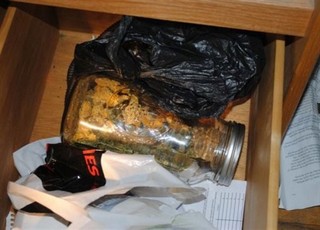Abraham Lincoln once remarked that "the philosophy of the school room in one generation will be the philosophy of government in the next." Nearly six decades have passed since William F. Buckley Jr., warned that the philosophy of America's most eminent schoolhouses had taken a turn down a particular road, away from a tradition of faith and liberty, toward godless collectivism.
When God and Man at Yale was published in 1951, liberals denounced Buckley as a fanatic and worse. One hostile reviewer accused him of "un-Christian arrogance," while another said that Buckley's book had "the glow and appeal of a fiery cross on a hillside at night." His critics, however, could not assail the facts assembled in God and Man at Yale, demonstrating that Yale was promoting economic theories hostile to the free market, that the university was neglecting its original mission of promoting the Christian faith, and that when confronted with this evidence, the administration defended itself by appeals to what Buckley called the "superstition of academic freedom."
Published at a time when American troops were fighting the Red menace in Korea -- the year after Alger Hiss was convicted of perjury, the same year that Julius and Ethel Rosenberg were tried as Soviet spies -- Buckley's book was an intellectual fulcrum of the Cold War era. God and Man at Yale became a rallying point for anti-communist conservatives and, in the process of attacking Buckley, his critics accidentally illuminated (indeed, as if by "a fiery cross") their own fanatical commitment to the ambiguous principles of liberalism. Buckley focused narrowly on academic trends at Yale, with just a few references to the similar trend evident at other leading universities, but his book evoked concerns far beyond the New Haven campus. If philosophical liberalism as taught at Yale tended to undermine faith and freedom, many readers naturally wondered, what would be the impact when this philosophy made its way out of the classroom and into the larger society? Where was liberalism leading us?
Read Full Article »



